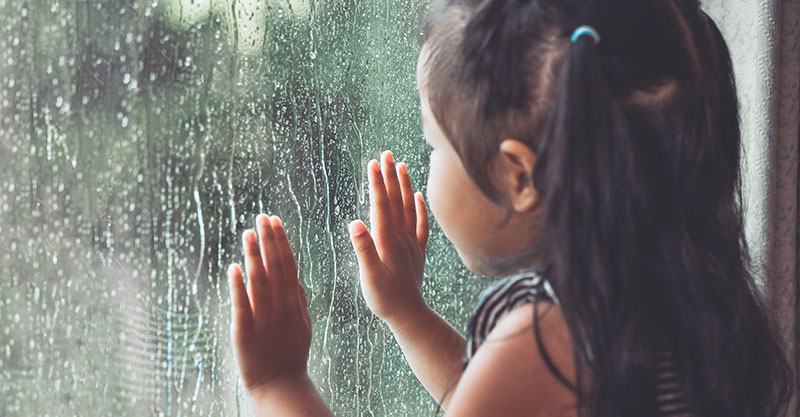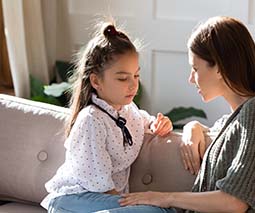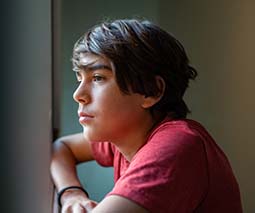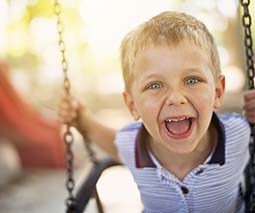‘Lawnmower parenting’: What it is and how it affects children

Move over helicopter parents, there’s a new boss in town; the lawnmower parent – and it’s not doing our kids any favours.
What is ‘lawnmower parenting’?
Going a step further than your typical hovering helicopter parent, the lawnmower parent gets ahead of their child, smoothing and clearing the path before they have even taken a step outside.
No doubt all parents will agree that one of the hardest parts about being a parent is watching their child experience pain, or struggle through situations that cause discomfort or unhappiness – no matter how temporary.
However, according to KidSafe NSW, an organisation that promotes injury prevention and education in children, risky play is actually very beneficial to childhood development.
Learning mastery through play and exploration helps to encourage a child’s self-confidence and well-being, as well as offering them the experience of engaging with their natural environment.
Risky business
Echoing these benefits surrounding risky play, Vicci Oliver, Founder and Director of Wildling’s Forest School on the Sunshine Coast, says lawnmower parents are doing their children a disservice.

“Children that learn to manage risk in a developmentally appropriate way are more likely to be able to regulate their emotions surrounding fear and anger,” says Oliver.
Learning how to manage and assess their own levels of risk and danger is a vital life skill.
“When children are in charge of their own play, through risk-taking, decision-making and problem-solving, they begin to master a repertoire of skills that will guide their decisions surrounding limits, boundaries and personal safety throughout their entire life,” Oliver adds.
Wildlings Forest School is one of many forest schools across Australia, and takes places predominantly outdoors in an open and child-led environment, free from structure – a far cry from the sterile environments and experiences that lawnmower parents try to create for their children.
Read more about parenting styles:
- What type of parent are you?
- I’m learning I need to be a different parent to each of my children
- How ‘helicopter parenting’ is harming our children
Improved academic performance
When attempting to minimise any possible threat, lawnmower parents are also depriving their children of an enriched learning experience in the classroom. When left to their own devices without the constant input or guiding of their parents, children are not only able to make good decisions, their grades improve too.
In a recent article published by the ABC, Dr Kathleen Bagot praised the role that outside playtime offered children – highlighting a 5 per cent to 10 per cent increase in children’s academic performance in children that were offered increased experiences outdoors and exposure to risk-taking.
“What we’re seeing is children actually engaging with their space in a natural way, without any direction from adults and in a very unstructured play space,” she said.
There is even a documented increase in childhood mental disorders as a result of children not being offered opportunities to play freely, as well as reduced gross-motor and fitness skills.
‘We aren’t doing our children any favours’
So it’s clear we aren’t doing our children any favours with this type of childhood micro-management.
As lawnmower parents feel the pull to remove possible challenges or risks that come their child’s way, remember that learning how to fail and recover is a character-building skill that is vital for children to develop resilience.
Raising resilient children
According to Dr Justin Coulson, Child Psychologist and Director of the Happy Families website, the key to boosting childhood resilience is to create a connection with your child.
Justin says if a child feels like they have a parent who cares about them and listens to them – they can then build on their resiliency throughout their childhood. Parents can achieve this with a few simple changes, for example turning off the smartphone, more cuddles, offering more opportunities for autonomy, keeping calm and making time to do nothing.
Ultimately, carving out a bump-free childhood may feel like a good idea, but actually, the evidence is pointing towards the latter. Allowing children to climb trees, experiment with risky-play – bumps, bruises and all – builds character, resilience and problem-solving skills that will stay will them for life.














